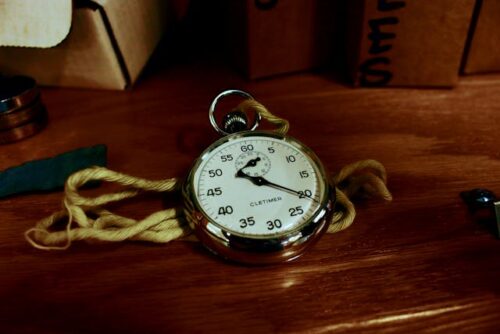
You may have heard the term “statute of limitations” before, but what does it really mean? A statute of limitations is a time period after an accident or crime in which a victim can file a claim or lawsuit. The length of the statute will vary depending on the situation, and some accidents or crimes do not have a time constraint at all. If you were injured in a slip and fall it is important to be apprised of the statute of limitations for your accident. For a detailed explanation of your legal options and to acquire representation, reach out to a Middlesex County slip and fall accident attorney.
Is There a Statute of Limitations for Slip and Falls in NJ?
New Jersey state law does list a statute of limitations after a slip and fall accident. In NJ you have two years from the date of the accident to pursue legal action. You may wish to avoid the hassle of a lawsuit or claim, but it is not recommended. Waiting to see if your injuries heal on their own can waste valuable time.
You can sustain various life-altering injuries from a slip and fall accident. If the negligence of a property owner caused your injuries, you deserve justice and to receive compensation to cover your property damage, medical costs, loss of wages, and pain and suffering. Some injuries that can be caused by a slip and fall include:
- Broken bones
- Fractures
- Sprains
- Bruising
- Nerve damage
- Brain injuries
- Spinal injuries
- Dislocations
- Chronic pain
You never know how long an injury will take to heal or if it will result in chronic pain that affects you long-term. Pursue legal action as soon as possible to ensure you are fairly compensated.
What Should I Do After Getting Injured in a Slip and Fall?
It is important to act quickly after being injured in a slip and fall accident on someone else’s property. Notify the property owner or a staff member immediately and call an ambulance or head to the nearest hospital or doctor. You should seek medical attention as quickly as you can to ensure your physical health and acquire accurate medical records as evidence.
Take photos or video evidence if possible from the scene of the accident. Any hazards or unsafe environment that resulted in your accident should be documented if possible.
If there were witnesses to the accident ask that they make a statement for the accident or police report. They may have seen the cause of the accident and be able to vouch for you when an insurer or court is determining liability.
Speak with a lawyer. It’s important that you have an experienced professional guiding you through the legal process. They will know which information is relevant and be able to communicate with the necessary parties and present evidence to advocate for your compensation.
